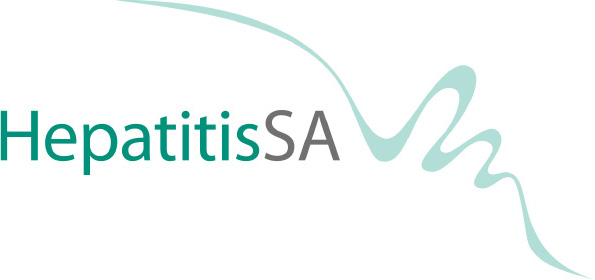A unique longitudinal real life study on entecavir-treated children and adolescents have found that HBV DNA results at six and twelve months after starting treatment, are predictors of viral suppression.
Another predictor of success is an age of infection at 10 years or older. The study results, based on data collected from 44 patients, support entecavir as a safe and effective treatment for adolescents with chronic hepatitis B.
Believed to be the first long-term study on hepatitis B treatment for children and adolescents, the research also found that duration of entecavir therapy was an important factor in achieving successful outcomes.
On average, the odds of undetectable hepatitis B DNA increases by about five per cent with each additional month of therapy.



